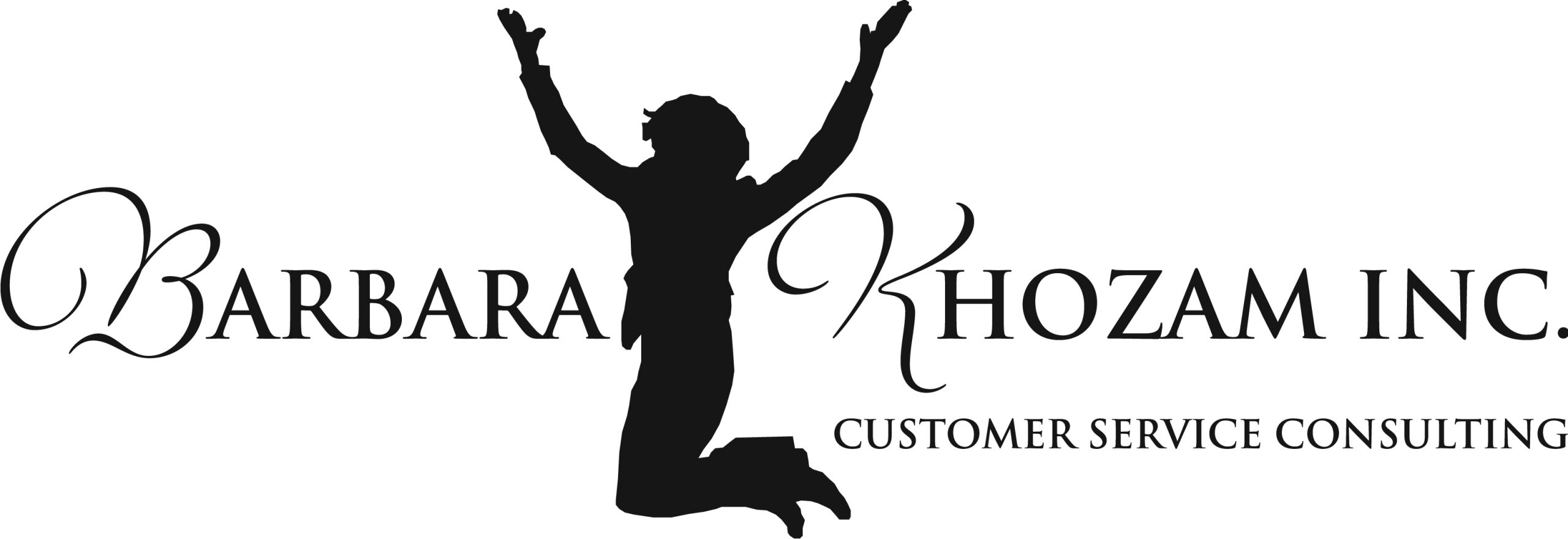Not all health insurance coverage is created equally. Some insurance coverage is subsidized by our government for low-income and elderly people, known as Medicaid and Medicare, respectively. In California, Medicaid is known as Medi-Cal. And as a subsidized program, Medi-Cal coverage is limited and has many requisites that must be met before medical services can be given to patients. Because of the many elements that must come together to get healthcare services as well as many medical practices not accepting Medicaid or Medicare, many patients under these programs can feel a stigma of shame. And, unfortunately, medical practices may be unwittingly insurance shaming patients to boot. The following story was told to me by a colleague in the words of a friend of his who’s covered under the Medi-Cal insurance program.
Real World Story: “For many years, I’ve worked as a freelance graphic artist without any health insurance. At the time, the price of insurance coverage was out of reach. I wasn’t earning enough money to afford health coverage, but I was making too much money to qualify for insurance coverage assistance. But that quickly changed with the passage of the Affordable Care Act.
“I was finally able to get assistance and my payment portion was now about half of what it used to be. But eventually, even the assistance wasn’t enough. Premiums began to climb. I was already working more than 65 hours a week, was working on weekends and through holidays, and I was barely keeping up with my insurance payments to the point that once again I could no longer afford health insurance.
“But that finally changed when the Affordable Care Act was revamped. This time, however, I qualified for fully subsidized Medi-Cal coverage because the cost of living had increased considerably, and the minimum income thresholds for Medi-Cal coverage had gone down. Unfortunately, I soon discovered that many healthcare providers now treated me differently as a Medi-Cal patient—not in terms of the quality of care but in how staffers looked at me like I was less than.
“On many occasions, after I handed my Medi-Cal card to a staffer, they would automatically begin speaking in Spanish to me. I would reply in English, which almost always threw them off, just to let them know that while Spanish is my native language, I speak and write in English so much more fluently and efficiently. Even then, I noticed that staffers would speak to me slowly, like I was not smart enough to keep up with a simple conversation. This happened and continues to happen quite consistently. It is baffling to me. The only anecdotal evidence I have is that I have a Spanish first and last name, am obviously of Mexican birth, and because I am on Medi-Cal, that must mean I am lazy, slow in speech, have no job, and am unable to communicate in English.
“Now, I’m sure some of you may be thinking, here we go with the race card. But not so fast! I once showed up for a medical appointment 30 minutes in advance. I was told to sit in the waiting area and then come back up to register 15 minutes before my appointment. I must have one of those faces that makes people comfortable enough to start chit-chatting with me about personal matters. In all honesty, it’s sometimes a curse. So, here I am, 30 minutes early to my medical appointment, and I’m the only patient in the waiting room.
“The receptionist then starts telling me about the horrible patients from the previous day. In a nutshell, the receptionist tells me that Medi-Cal patients are lazy and always show up late, smelling of pot. They are dirty and don’t take care of themselves or their children. They can’t speak English, even though they are living off the government, so the least they can do is learn English in order to be grateful.
“At this point, 15 minutes have elapsed. I walk up to the reception desk and hand over my Medi-Cal card. I have never in my life seen a shade of red as that poor guy’s face turned that morning. If the entire exchange hadn’t been so surreal, I would have told him about myself. I work more than 65 hours a week. I work on Saturdays and Sundays and on all holidays. I work all the time, but the cost of living is so high that I can’t afford to pay the high health insurance rates of premium insurance carriers. And that doesn’t make me lazy, dirty, or someone who lives off the government while I lead a life of leisure. I am a living, breathing person. I deserve to be treated professionally with respect and kindness.
“At another appointment at an orthopedic physician’s office, I had a similar experience with a medical assistant. Again, for some reason, she felt comfortable enough to share her thoughts about the many ‘loser’ Medicaid and Medicare patients whom the office sees, specifically her disdain for elderly Medicare patients. Apparently, after having surgeries like hip and knee replacements, elder people are whiners. They are too slow to move when they come into the office for aftercare appointments, which delays the staff’s schedule. To which I’m thinking, Are you kidding me? Anyone of ANY age would be slow to move after having surgery! Just because they are on Medicare doesn’t make them a burden! Anecdotally, I believe that because I spoke English fluently, she didn’t think I could possibly be a Medi-Cal patient—a loser in her eyes.
“I’ve had many similar ‘conversations’ with other healthcare workers, from receptionists to medical assistants to nurses to physician assistants, in different medical and dental practices. Again, I have been cursed with a face that lets others feel comfortable enough to tell me horrible things about low-income and elderly patients. I can only imagine how horribly patients must be treated who cannot defend themselves. I hope people in healthcare read this story and begin to be more conscious about insurance shaming patients. Everyone deserves to be treated as a living, breathing human being—regardless of their insurance status. Please share this with everyone you know in the healthcare industries.”
Strategies that Turn it Around:
- Be Professional. Being professional is often associated with dressing nicely, speaking well, being knowledgeable, and delivering service efficiently and expeditiously—all worthy attributes to strive toward. However, let’s be careful not to become robotic. Professionalism also includes the undertones of our physical cues and verbal language, which show our compassion toward others, like eye contact, active listening, smiling and nodding, and words of compassion and understanding. In short, let us be professionals whose humanity shines through. And to be clear, the most unprofessional thing any of us can possible do is to talk badly about our patients and customers. You just never know who’s listening and being shamed by your words.
- Be Respectful. It’s important that we don’t confuse respect with pity. If we are respectful, then we show that toward everyone, regardless of who they are. If you are not able to this, then you’re probably showing pity not respect, especially toward people you feel are less than because of their life circumstances. Respect means you meet everyone where they are and treat them as worthy and deserving human beings.
- Be Kind. Throughout the years as a customer service trainer, I have often written about the concept of ‘fake it till you make it.’ However, kindness is one of those attributes that cannot be learned. It is something inherent in us. We either have it or not. But all is not lost if you’re in the latter group! I honestly and truly believe we are all capable of being kind. Unfortunately, some of us have past experiences and biases that prevent that kindness to flow through us freely. In such cases, we must dig deeply to discover the obstacles we need to remove. Then, let the kindness flow through us.
Remember: While we can choose our profession, we can’t choose who our customers are going to be. If we choose to enter any of the healthcare industries, then we choose to work in areas that deal with all types of people. Therefore, our focus should be on healing everyone not just people who are just like us. We must choose to meet people where they are and not where we want them to be. We are healers who choose to heal everyone in every type of life circumstance and not pick and choose who we believe deserves our attention.
How does your organization ensure that all patients—even low-income and elderly patients—are provided with exceptional customer service and treated with respect and kindness?

